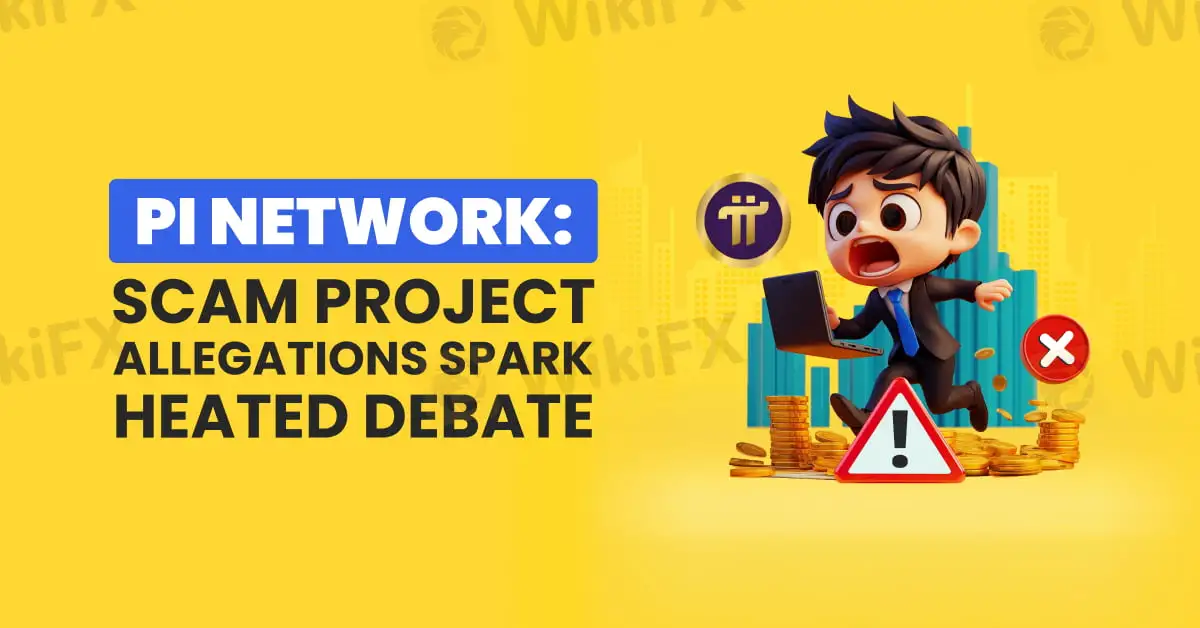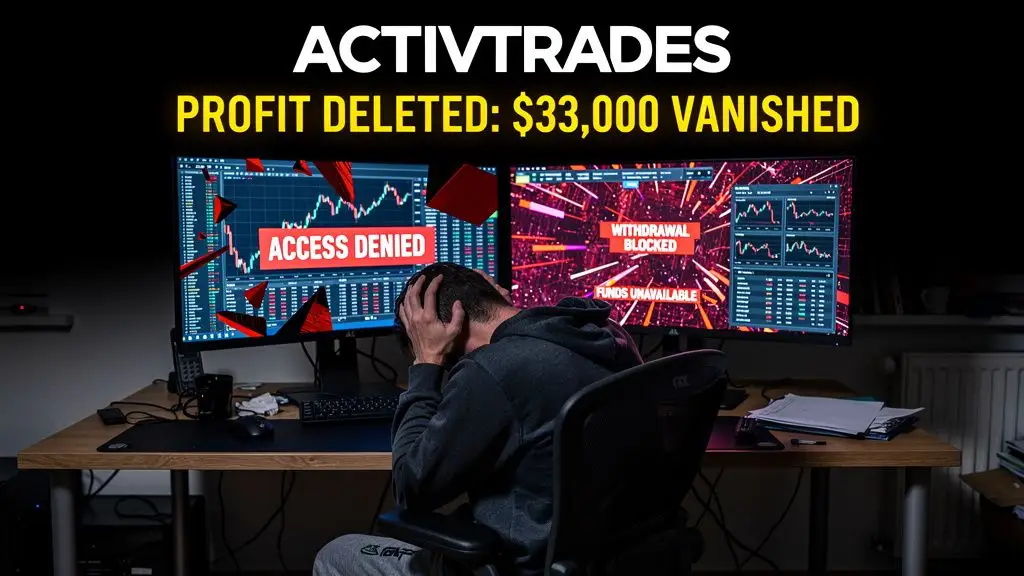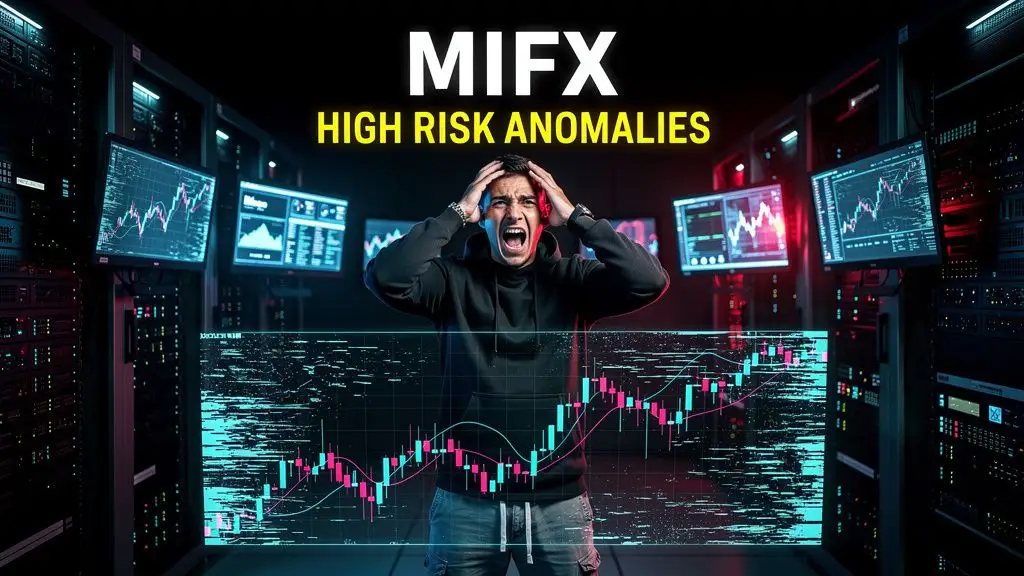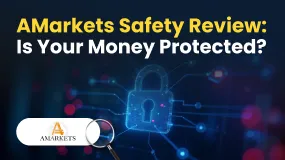Abstract:A whistleblower report has surfaced, casting doubt on the legitimacy of Pi Network, alleging psychological manipulation, opaque operations, and potential financial exploitation. What is your take on this?

Since its launch in 2019, Pi Network has captivated millions across the globe with a deceptively simple proposition: “Mine a new digital currency from your phone, entirely for free.” To many, it represents a groundbreaking democratisation of cryptocurrency. Yet, to others, recent whistleblower reports hint at a far more troubling narrative, alleging that Pi Network could eventually be remembered as one of the most extensive “soft scams” in the history of the internet.
While these claims remain unproven, the allegations have reignited debate about the true nature of Pi Network's operations.

It has been suggested that Pi Networks success relies heavily on a powerful psychological mechanism known as “free scarcity.” By offering users coins for nothing more than a daily tap on an app, the platform reportedly cultivated a sense of ownership and value, despite critics arguing, no demonstrable economic worth is currently attached to the coins.
However, proponents of Pi Network argue that early-stage projects often begin in closed environments and that patience is necessary before judging their real-world impact.
According to whistleblower claims, the referral system, where users mine faster by inviting friends, bears a resemblance to structures often associated with pyramid models. Skeptics allege that this emphasis on constant recruitment over tangible product development could hint at systemic weaknesses.
Yet supporters counter that network-building is crucial for any blockchain-based platform and that such growth mechanisms are commonplace across successful tech start-ups.
The whistleblower report highlights concerns over Pi Networks prolonged absence from major exchanges and the opaque nature of its closed “demo” environments. Critics debate that the lack of open-source verification, independent audits, or a clear roadmap toward full decentralisation raises questions about the project's legitimacy.
On the other hand, it is worth noting that many legitimate technology projects have spent years in development before achieving full market integration, and Pi Networks team has consistently assured users that broader accessibility is forthcoming.
The allegations also extend to user privacy. It is claimed that Pi Networks mobile application requests extensive access to personal data, including contact lists, geolocation, and device usage statistics, without clear disclosures regarding its ultimate use.
While some view this as a potential vector for exploitation, others suggest that data permissions are standard across numerous apps and that there is, as yet, no firm evidence that Pi Network has misused the information it collects.
Perhaps the most contentious assertion involves the speculation that a significant proportion of Pi tokens (allegedly over 20–25%) is held by the founding team. Critics fear that upon market opening, a surge of selling by insiders could flood the market, drastically devaluing Pi and leaving everyday users at a loss.
Yet, defenders of the project argue that team allocations are a standard practice across the cryptocurrency world to reward developers and fund ongoing operations, and that safeguards may yet be introduced to prevent destabilisation.
The emotional and psychological investment of Pi Networks user base is considerable. According to the whistleblower report, millions may have dedicated years of daily effort to a dream that, some allege, has yielded no substantial profit to date.
Nonetheless, many users remain optimistic, citing ongoing development updates, the growth of a passionate community, and the belief that Pi Network may yet deliver on its ambitious promises.
At this stage, no conclusive evidence has been presented to prove or disprove the allegations surrounding Pi Network. What remains is a project shrouded in mystery, ambition, and controversy, which is a perfect storm for heated debate within the crypto and online trading communities.
As with all emerging technologies, Pi Networks ultimate fate may hinge on transparency, regulatory scrutiny, and the trust (or distrust) of its vast global user base. Only time will tell whether Pi Network becomes a success story or a cautionary tale.
What is your take on this?

#trading#forextrading










